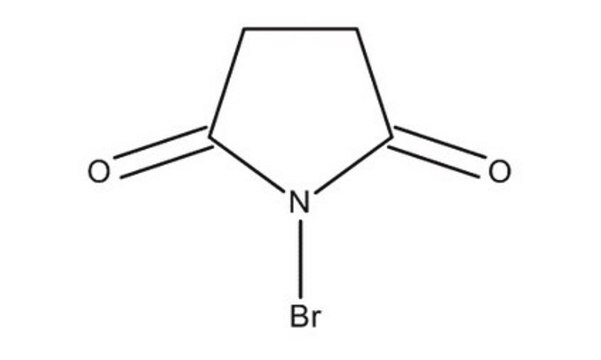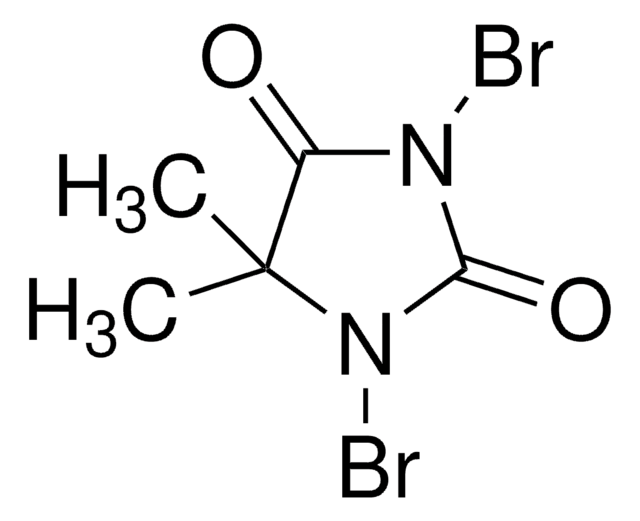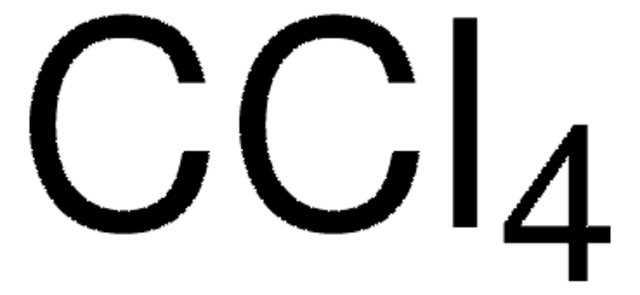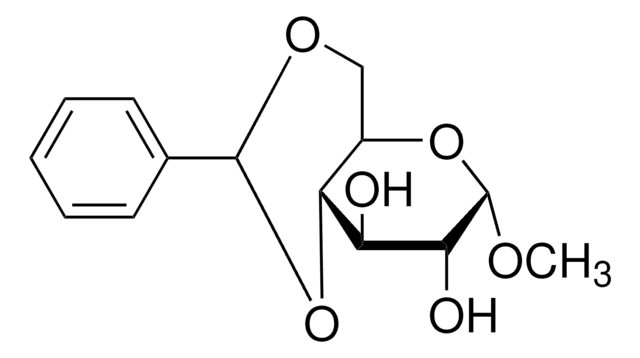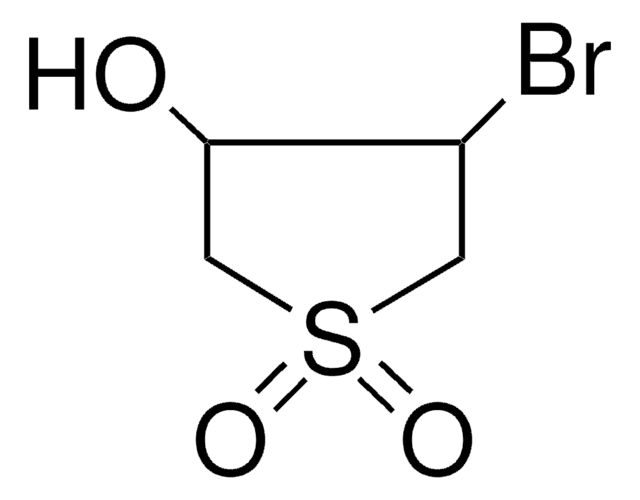B81255
N-Bromosuccinimide
99%, for peptide synthesis, ReagentPlus®
Synonym(s):
NBS
About This Item
Recommended Products
Product Name
N-Bromosuccinimide, ReagentPlus®, 99%
Quality Level
product line
ReagentPlus®
Assay
99%
form
powder
mp
175-180 °C (dec.) (lit.)
application(s)
peptide synthesis
storage temp.
2-8°C
SMILES string
BrN1C(=O)CCC1=O
InChI
1S/C4H4BrNO2/c5-6-3(7)1-2-4(6)8/h1-2H2
InChI key
PCLIMKBDDGJMGD-UHFFFAOYSA-N
Looking for similar products? Visit Product Comparison Guide
General description
Application
- In the Wohl-Ziegler reaction (bromination at allylic positions via a radical pathway).
- To synthesize benzils and aliphatic 1,2-diketones from hydrobenzoins and 1,2-diols in the presence of CCl4 as a solvent.
- To prepare tricyclic azepino[4,5-b]indoles from indole-β-enaminoesters or β-enaminones via Pictet–Spengler cyclization.
- To synthesize acylsilanes via oxidative hydrolysis of 2-silyl-1,3-dithianes.
Features and Benefits
Legal Information
Signal Word
Warning
Hazard Statements
Precautionary Statements
Hazard Classifications
Aquatic Acute 1 - Eye Irrit. 2 - Met. Corr. 1 - Muta. 2 - Ox. Sol. 3 - Skin Irrit. 2 - Skin Sens. 1B
Storage Class Code
5.1B - Oxidizing hazardous materials
WGK
WGK 3
Flash Point(F)
Not applicable
Flash Point(C)
Not applicable
Personal Protective Equipment
Choose from one of the most recent versions:
Certificates of Analysis (COA)
Don't see the Right Version?
If you require a particular version, you can look up a specific certificate by the Lot or Batch number.
Already Own This Product?
Find documentation for the products that you have recently purchased in the Document Library.
Customers Also Viewed
Our team of scientists has experience in all areas of research including Life Science, Material Science, Chemical Synthesis, Chromatography, Analytical and many others.
Contact Technical Service